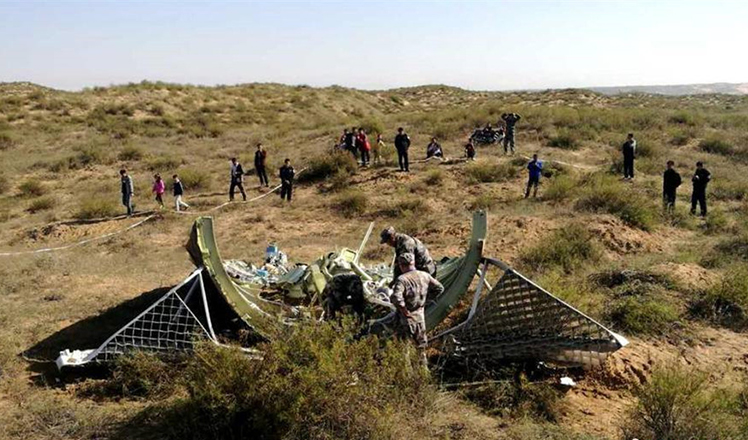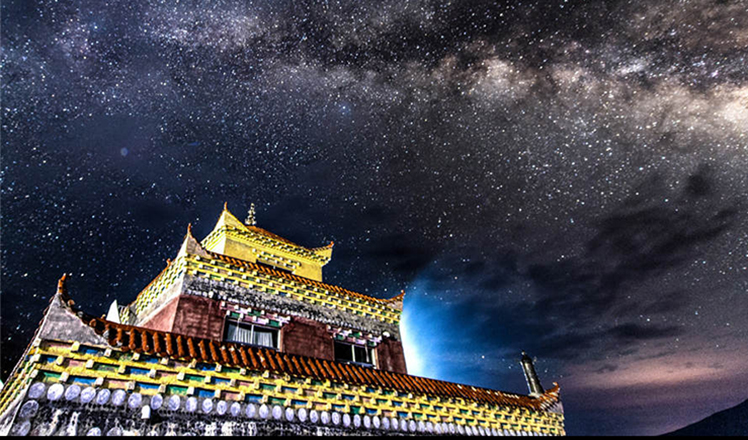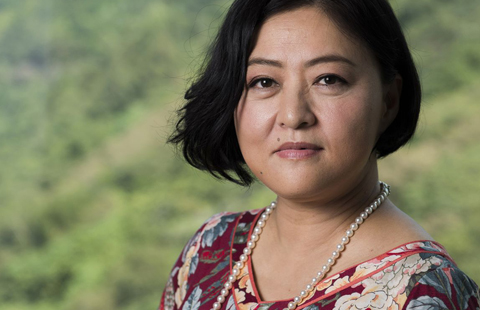Scholars refute Falungong's organ rumor
Updated: 2016-10-17 08:15
By Liu Kun in Wuhan and zhang Yan in Beijing(China Daily)
|
||||||||
Experts from China and abroad have refuted claims made by the Falungong cult that the nation harvests organs from its practitioners.
Hong Fan, an associate professor at the People's Public Security University of China, said the accusation was based on erroneous information from the Falungong's Dajiyuan Times and clearwisdom.net based in Hong Kong.
"Such rumors are absurd and are aimed at defaming the Chinese government and inciting people who are unclear about the truth to support the Falungong," he said.
Hong made the remarks on Saturday at the opening ceremony of a two-day symposium on cult studies in Wuhan, capital in Hubei province.
The event, sponsored by Wuhan University's research center on international cult studies, saw dozens of experts from China and overseas discuss their concerns and exchange views on cult activities.
Wimal Hewamanage, a senior lecturer on Pali and Buddhist studies at Sri Lanka's University of Colombo, said, "I've spent many years in China and have seen no evidence to suggest the Chinese government forces Falungong practitioners to donate organs."
According to the government, since 2006, the Falungong has spread rumors that its practitioners are tortured and that their organs are removed for experiments. Yet despite the claims being dismissed, overseas organizations and governments have fanned the flames of suspicion, officials said.
"There is a campaign, which has been spread by Falungong with the help of people in agencies that help them overseas," said Alexander L. Dvorkin, a professor from St. Tikhon's Orthodox University in Moscow. "Absolutely, Falungong is one of the most destructive cults, which destroys human minds and physical health."
In recent years, Chinese police have stepped up efforts to investigate cult activities and have launched campaigns to target such organizations.
Data from the Ministry of Public Security show police nationwide arrested more than 1,000 members of Quannengshen (the Church of Almighty God) between June and August last year during a crackdown against the cult.
According to Chinese law, a cult is an illegal organization that tries to control people by deifying a sect leader, attracts members under the guise of religion or other means, and engages in activities that harm society.
China officially lists 14 groups as illegal cults, including Quannengshen and Falungong.
Contact the writers at zhangyan1@chinadaily.com.cn
- Flying club offers bird's-eye view of Pyongyang
- Greeks rally against labor reforms
- New poll shows Clinton's double-digit lead over Trump
- Iraqi forces fighting all out to free Mosul from IS
- Iraqi forces begin major offensive to retake Mosul from IS group
- Thai PM reassures on smooth succession; coronation after king's funeral

 World in photos: Oct 10 - 16
World in photos: Oct 10 - 16
 Fairing fragments of Shenzhou XI found in Shaanxi
Fairing fragments of Shenzhou XI found in Shaanxi
 Feast for the eyes: Photo Beijing 2016
Feast for the eyes: Photo Beijing 2016
 China's Shenzhou spaceship: A proud family
China's Shenzhou spaceship: A proud family
 Journeys toward prosperity
Journeys toward prosperity
 Female investors rise to top of venture capital companies
Female investors rise to top of venture capital companies
 Peng Shuai claims title of women's singles at WTA Tianjin Open
Peng Shuai claims title of women's singles at WTA Tianjin Open
 Birthday celebration held for panda cubs at Toronto Zoo
Birthday celebration held for panda cubs at Toronto Zoo
Most Viewed
Editor's Picks

|

|

|

|

|

|
Today's Top News
'Zero Hunger Run' held in Rome
Trump outlines anti-terror plan, proposing extreme vetting for immigrants
Phelps puts spotlight on cupping
US launches airstrikes against IS targets in Libya's Sirte
Ministry slams US-Korean THAAD deployment
Two police officers shot at protest in Dallas
Abe's blame game reveals his policies failing to get results
Ending wildlife trafficking must be policy priority in Asia
US Weekly

|

|









